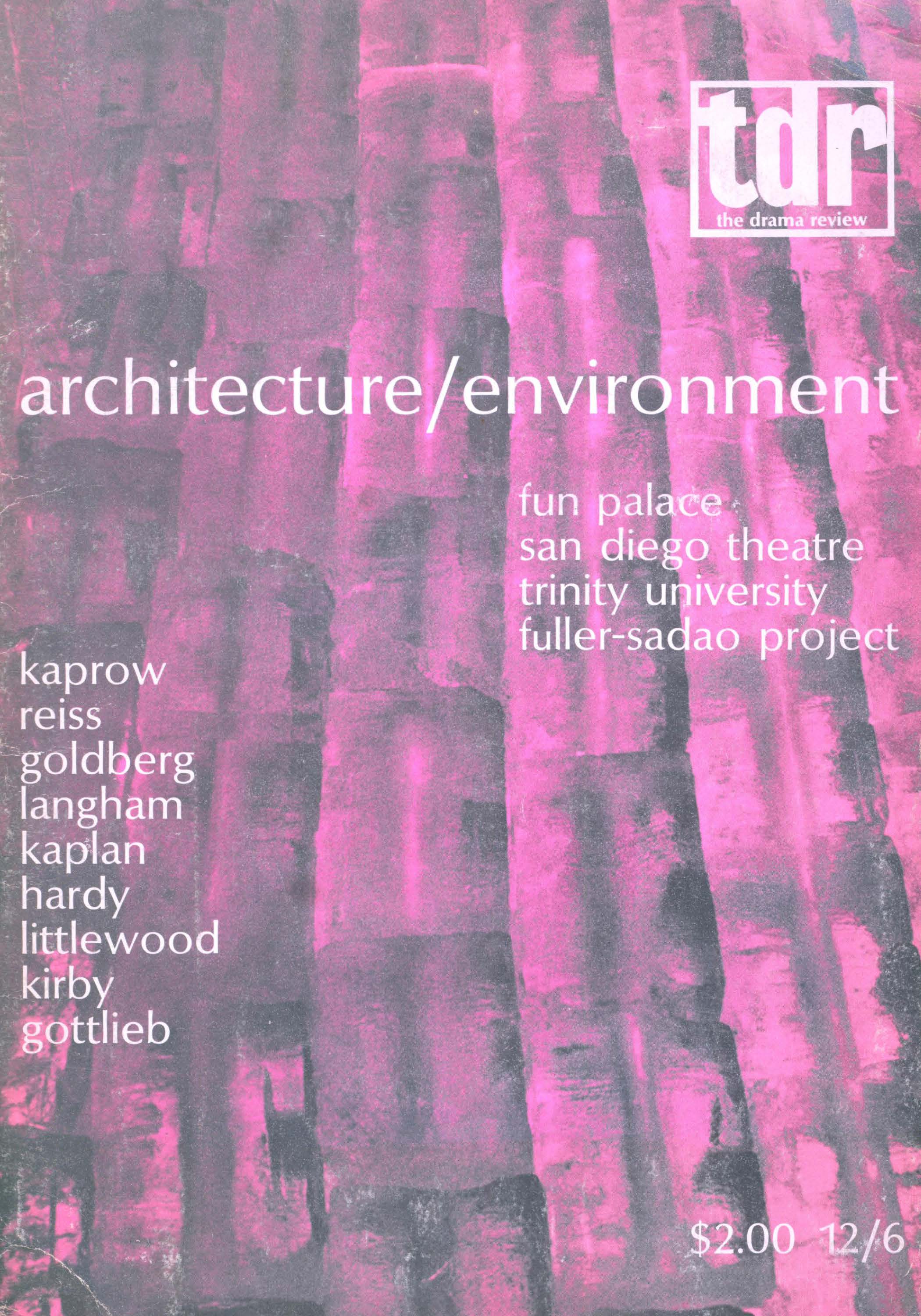No CrossRef data available.
Article contents
On the Pure Elements of the Actor's Art
Published online by Cambridge University Press: 07 December 2021
Extract
This article is a short summary of my theoretical conclusions, which are a result of more than a year's work led by myself and E. D. Golobinskaya of the Theatrical-Research Studio. Credit for the working out and embodiment in practice of the positions expressed here belongs to the senior assistants of the studio-A. V. Grigoreva, V. I. Polotnova, M. V. Fausek, G. N. Gurev, N. N. Ivanov, E. E. Labrovsky, and R. D. Raugul. (1923)
- Type
- Historical Manifestos
- Information
- The Drama Review , Volume 19 , Issue 4: New Performance and Manifestos , December 1975 , pp. 117 - 123
- Copyright
- Copyright © 1975 The Drama Review
References
1 Which may be found in the articles, “On the Common Will in Theatre,” “Creator of Words, or Pilot of Men.”
2 For completeness, it is useful to add here, “acting with an esthetic purpose”; otherwise we would have here even the hangman, the hypnotist, the priest. They all organize their actions with regard to those watching them.
3 Here I must emphasize that this renunciation was not affected by us in the name of pantomime. It is perfectly clear that soundless pantomime can render bits of life just as concretely and distinctly as a black and white drawing. Both traditionally preserved forms of pantomime, balletic and circus, tell us carefully and in detail what and why the actors are doing. Gesture abandoned speech, longing all the while to talk. A wave of sound, wordless articulated sound of the human voice exactly reinforces and advances a renunciation of human speech in the name of a broader non-semantic art.
4 Not at all lowering by this the “artistic” value of his work.
5 It would be naive to think that the slogans of “rightist” and “leftist” art correspond to this division. We will place Delcrozian plastic art on the right in spite of all its abstraction. Conversely, “Left” actually represents both currents: on the one hand Mayakovsky and Meyerhold, on the other— Khlebnikov, Kruchenykh, and our theatrical experiences.
6 Having already written this article, from Moscow I received A. Kruchenykh's remarkable booklet “Phonetics of Theatre,” energetic propaganda for absurd speech in theatre. The difference between his theory and our practical experience is just that I permit improvisation of senselessness, and wholly remove the semantic roots from the actor's sound-sequence. But essentially I am glad to welcome him as our ally.
7 This is excellent from Kruchenykh: “In the face of the strongest emotions, words shatter to smithereens.”


